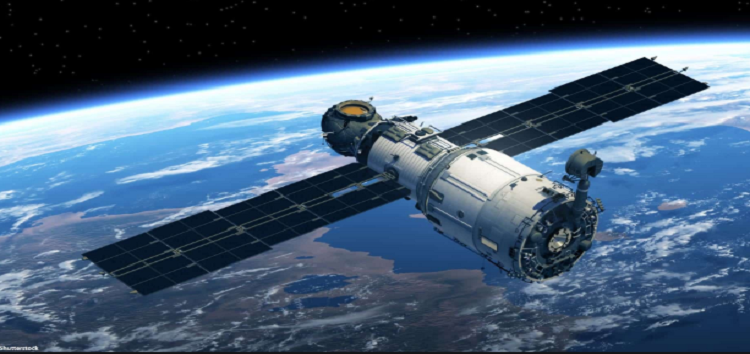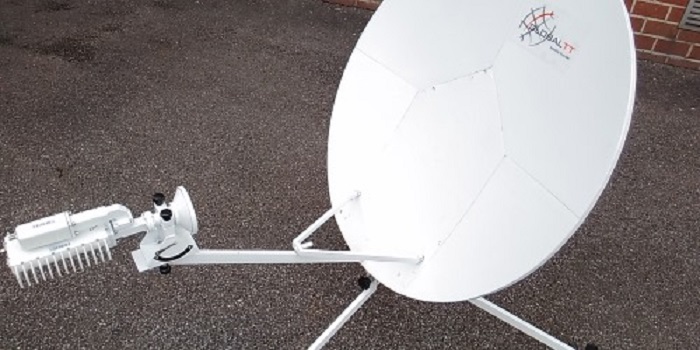Viasat, a satellite telecom company has requested the 28 GHz KA frequency band from the Nigerian Communications Commission (NCC) to perform a proof of concept test for its satellite internet.


According to the company, the spectrum will enable it to provide high internet connectivity via satellite into the Nigerian market. It plans to roll out its satellite broadband service in 2022.
About 60% of Nigerians are not connected to the internet
About 60% of Nigerians are still not connected to the internet. This is not surprising as broadband penetration still stands at about 38%.
The growth of Nigeria’s internet penetration which is mostly dependent on the fibre optics connection is slow. This is majorly due to the fact that fibre network is plagued with a lot of infrastructural and regulatory challenges.
The NCC targets a broadband penetration of 65% by 2024, however, with the penetration just rising by 6.5% in 2019, the goal appears unlikely if new measures are not employed.
Suggested read: As NCC Targets 65% Broadband Penetration by 2024, a Look at Nigeria’s Broadband Journey So Far


Driving internet penetration using satellite broadband
Satellite broadband presents an alternative to increasing internet penetration. Satellite internet uses a wireless technology that involves 3 satellite dishes. This reduces the infrastructure required to expand its network compared to Fibre optics.
The internet works by sending signals from the satellite dish at the user’s house to the satellite dish at the internet providers hub and from there to the satellite in space.


Nigeria has a huge landmass of 923,763 Km square. Therefore laying fibre to cover the whole nation won’t be easy and will take years. Satellite internet provides a means for internet penetration to reach remote areas which will have otherwise taken years to get internet.
Satellite Internet as an alternative to Fibre Optics
Fibre optics has higher bandwidth (internet speed) when compared to satellite internet services. It is also more reliable because satellites signals can suffer from electromagnetic interference.
However, in Nigeria, the difference in internet speed between fibre and Satellite internet services is between 5Mbs and 50Mbs.
Also, the cost of subscription for satellite internet can be as low as N5500 with a cost of installation of about N36, 000 to N100, 000. However, subscription for fibre internet starts from about 100,000 and can be as high as 1 million depending on the bandwidth subscribed for.


That said, Fibre optics large bandwidth capability makes it very suitable for urban areas in present-day Nigeria, while satellite internet will be better maximized for internet access into remote areas.
Faster satellite internet
Satellite internet isn’t new to Nigeria though. There are several satellite communication companies like VSAT already operating in Nigeria.
However, Viasat is planning to bridge the internet gap by providing satellite internet with speeds of up to 260 Gbps into the Nigerian market.
Viasat has invested over $2.2 billion on satellite services and is expected to launch its ViaSat-3 satellites which are expected to offer more than 1 terabit of bandwidth capacity in 2021.






